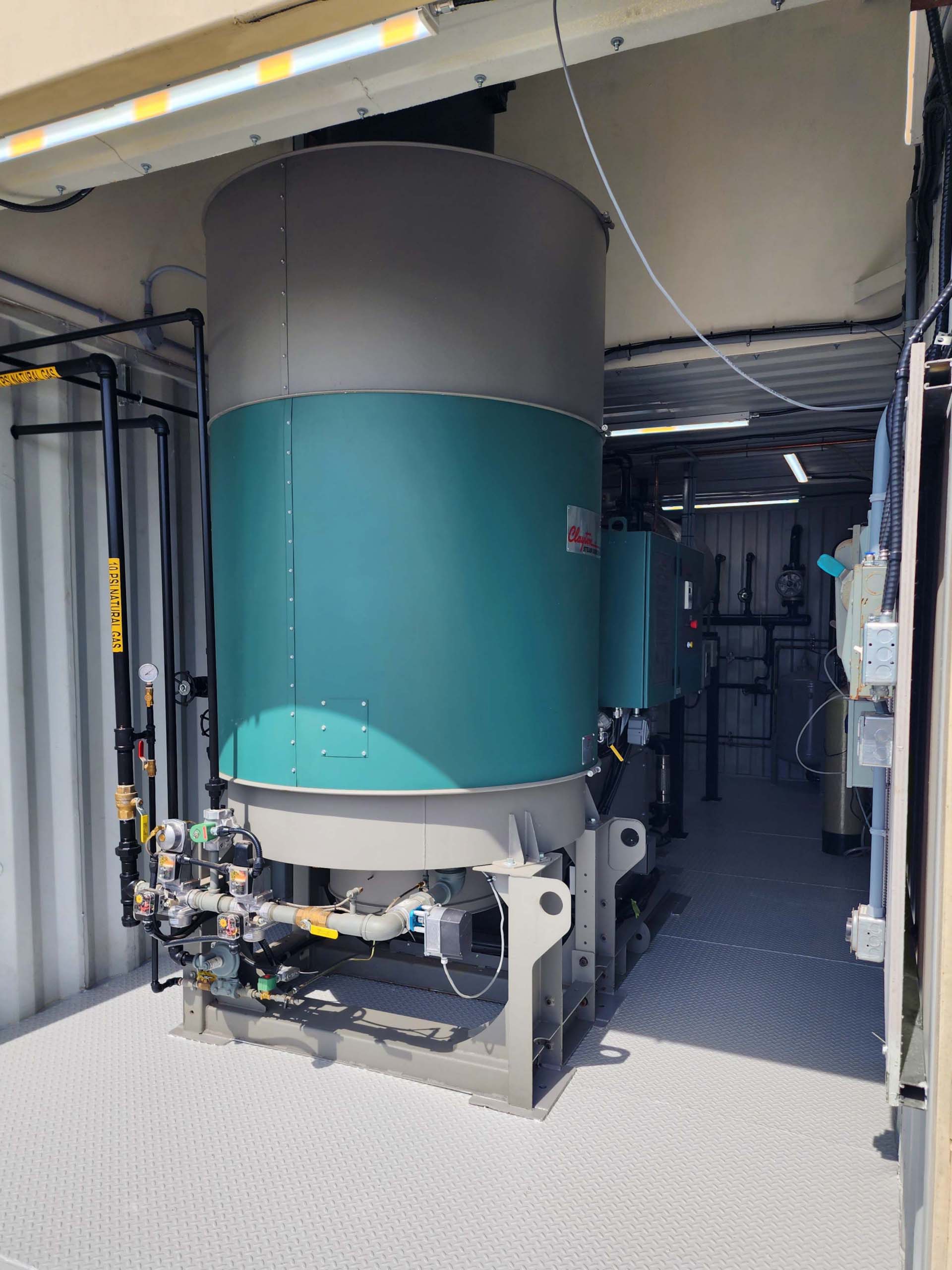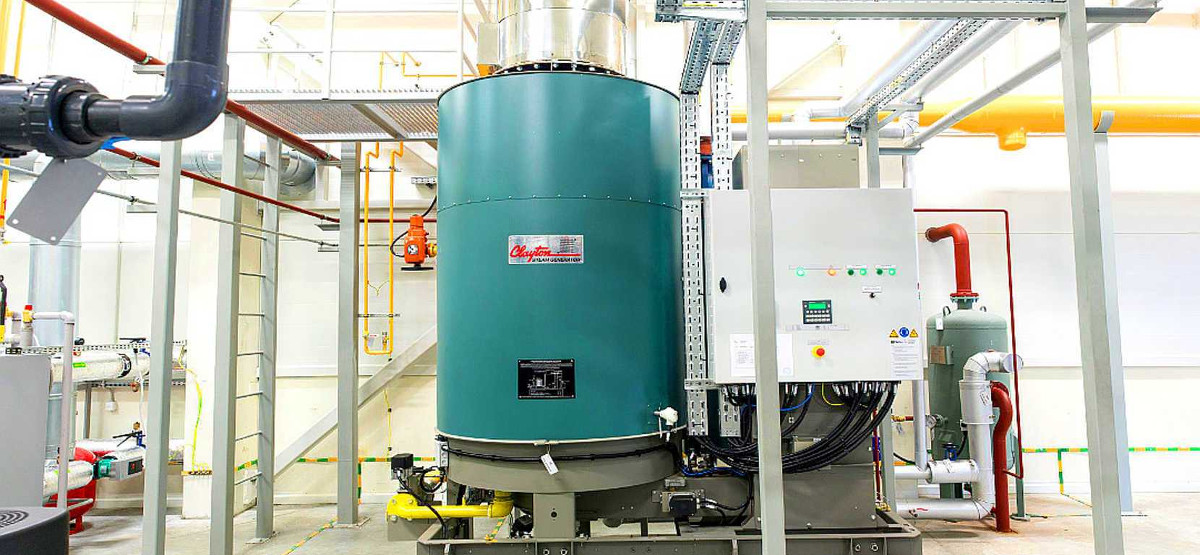Railcars & Terminals Industry
Home > Industries > Railcars & Terminals
Clayton Industries Supports the Railcars & Terminals Industry
Steam is a critical utility for Storage Terminals, Barge Terminals and Railcar Terminals when the viscosity of the product being transported requires heat to be moved or pumped.
In a typical Railcar Terminal, steam is applied to the arriving tank cars to heat the product inside to a temperature when it liquifies, so it can be pumped out safely and easily. There are many products that require heating for unloading, heavy oil, biofuels, vegetable oils, paraffins, and many more. Speed of unloading is important to increase the efficiency of the terminal, so steam is needed quickly, and on demand. After the railcar is unloaded, steam is used to clean the tank to rid it of the residual material so it can be loaded for the next haul.
Barge terminals in are very similar to tank car terminals when it comes to the use of steam. The barge arrives in the port with products that require heat to liquify to the point that it can be easily pumped out of the barge. Barges can also need steam to clean the holding tanks to make the barge ready for its next load.
Most often, tank cars and barges unload their product into Storage Terminals. The various products are pumped into the appropriate storage tanks to await further transport by truck or pipeline. Storage terminals, sometimes referred to as tank farms, can need steam to heat the tanks to keep the viscous products in liquid form and for heat tracing the piping to and from the tanks.
Storage terminals may also need steam for pasteurization and sterilization. For example, much of the orange juice consumed in North American and Europe comes from South America. The juice is produced then concentrated in South America, shipped to special terminals for offloading, then pasteurized to kill any bacteria it picked up during the voyage and then stored in sterilized tanks. The pasteurization, sterilizing, and cleaning are done with steam.
Clayton Steam Generators are the preferred boiler for many rail, barge, storage terminal operators around the world. The Clayton boiler can go from cold to full output in less than 10 minutes, so a terminal operator can start the boiler when the train or barge arrives, rather than keeping a traditional boiler running on standby, preventing a tremendous waste of fuel.
The fast start capabilities of the Clayton steam generator will cut the energy cost and waste of any terminal. The high-quality steam from a Clayton boiler is also important to keep all the heating coils in these facilities working at their peak performance.

Key Benefits
Compact Design
Clayton’s Steam Generators take up less than one third of the floor space of a traditional firetube boiler, freeing up more space in your facility that can be better used elsewhere.
Quick Start
Eliminate the requirement of a hot boiler on standby with Clayton’s products, which can produce steam from a cold start in under ten minutes. Turn it on when you need it, and shut it off when you don’t.
Highly Efficient
Lower your fuel costs with Clayton’s highly efficient design, growing your savings and leaving more money in your pocket.
Featured Case Study
Top 10 Reasons To Buy a Clayton Steam Generator
1. FUEL EFFICIENT:
The Clayton design produces higher fuel-to-steam efficiency, even when operated lower than the full firing rate.
2. COMPACT SIZE:
Clayton Steam Generators require only 1/3 the floor space of traditional boilers.
3. FAST START-UP:
The Clayton Steam Generator can go from cold to full steam in less than 10 minutes.
4. QUALITY STEAM:
The fixed-vane steam separator yields the driest saturated steam available in the industry today — typically less then
0.5% at all loads.


Contact a Clayton Representative












































